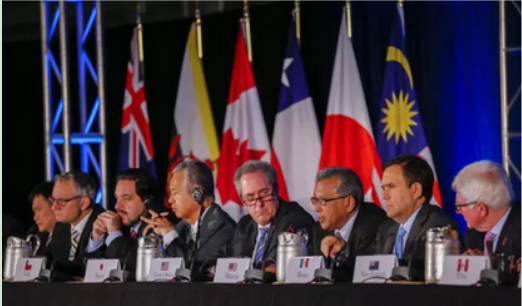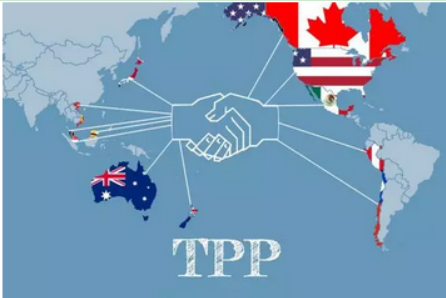
English | 中文

TPP May Lead CSR Principles to Play a Greater Role? |Who Is Reshaping International Trade Principles
source:China WTO Tribune date:2016-04-11 09:24:39
Ten years ago, when China adopted SA8000, a non-official social responsibility standard, everyone was worried and surprised. Media even sent out a warning: a potential major trade barrier would exert tremendous influence on China’s international trade.
After more than a decade, China becomes the world’s biggest trading nation. The warning seems to be a bluff. However, in fact, SA8000 has been playing an increasingly important role in international trade.
According to official statistics released by Social Accountability International (SAI), as of Jun.30, 2015, there have been only less than 3800 SA8000-certified organizations . However, the certification of SA8000 has expanded to 65 international trade related industries in 72 countries. According to incomplete statistics, there have been over 300 social responsibility norms like SA8000 since 1990s.
A new principle system―CSR principle system―is taking shape based on these norms. CSR principle system consists of norms in the following four fields.
Namely, UN Global Compact, UN Guiding Principles on Business and Human Rights, ISO 26000, etc. released by intergovernmental organizations; ICTI Principles, Code of Conduct of EICC, European Foreign Trade Association-Business Social Compliance Initiative, etc. released by international industrial organizations; SA8000, GRI Sustainability Reporting Guidelines, etc. formulated by multi-stakeholders; a number of social responsibility procurement principles and norms formulated by transnational corporations.
These norms are exerting influence on enterprise management behavior globally in a more extensive and in-depth manner. Social responsibility principles, like SA8000 and BSCI, serve as competition rules in international trade. Despite that, these norms haven’t yet been embedded into international trade principles like WTO principles. In other words, the above mentioned CSR norms, including international labor standards, haven’t been regarded as part of international trade principles.

The Trans-Pacific Partnership (TPP) is likely to lead these principles to play a greater role. An important feature of TPP is that it embeds non-traditional factors or CSR factors, including competitive policies, labor standards and environmental standards, into multilateral trade agreement.
Take Chapter 19 Labor as an example. The chapter makes clear the core labor rights (recognized by ILO), including freedom of association and the effective recognition of the right to collective bargaining; the elimination of all forms of forced labor or compulsory labor, the effective abolition of child labor, and the elimination of discrimination in respect of employment and occupation.
Meanwhile, the chapter requires all TPP Parties to have acceptable conditions of work with respect to minimum wages, hours of work, and occupational safety and health. The parties are not allowed to weaken labor protection in export processing zones. In addition, each Party shall also discourage the importation of goods from other sources produced in whole or in part by forced or compulsory labor, including forced or compulsory child labor. All these are fully enforceable and backed up by trade sanctions.
The chapter embeds international labor standards into multilateral trade principles. Therefore, to some extent, TPP makes the aforementioned SA8000 a national level trade principle or measure.
In the near future, probably, TPP will allow these CSR principles to play a greater role and upgrade them to international trade principles.